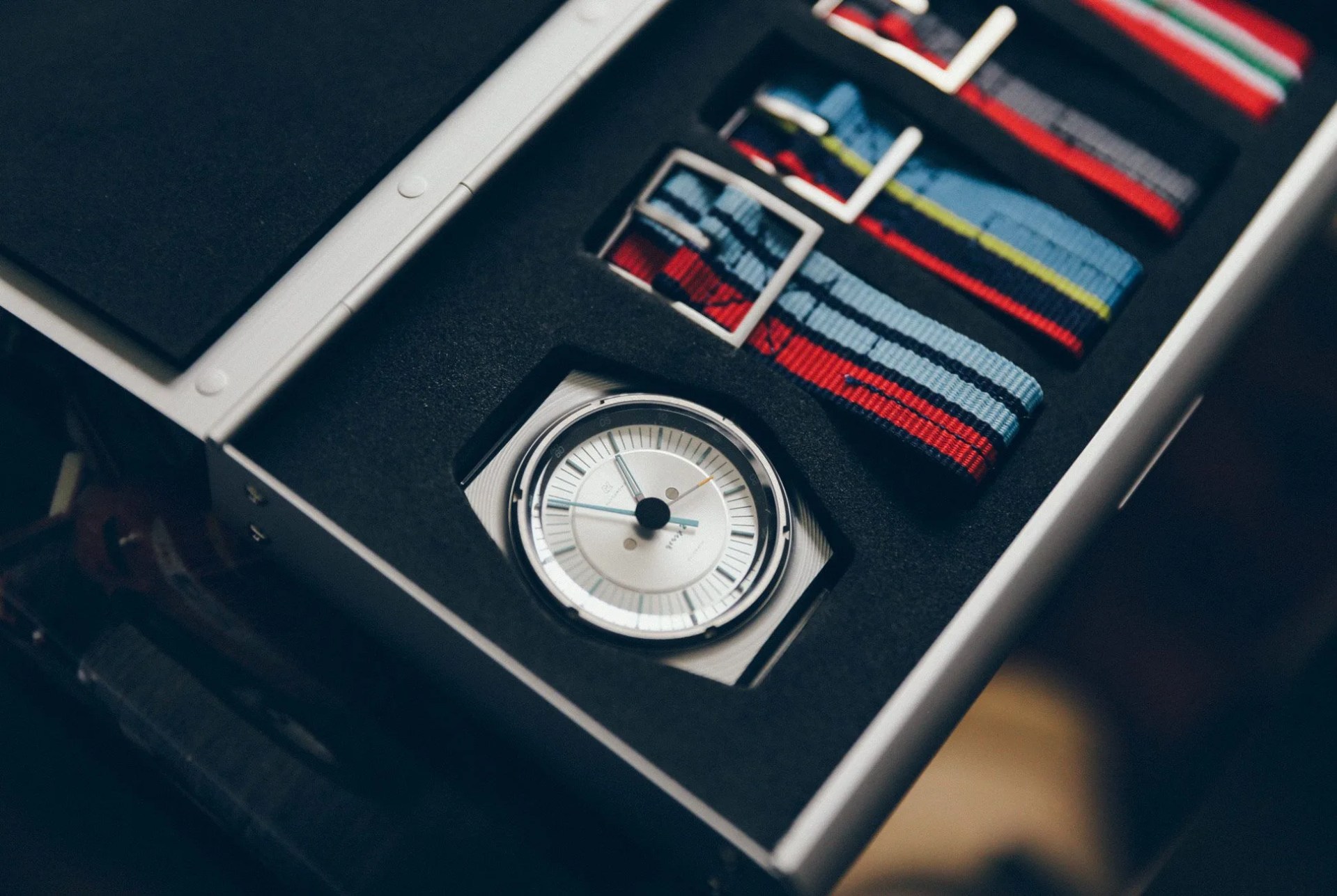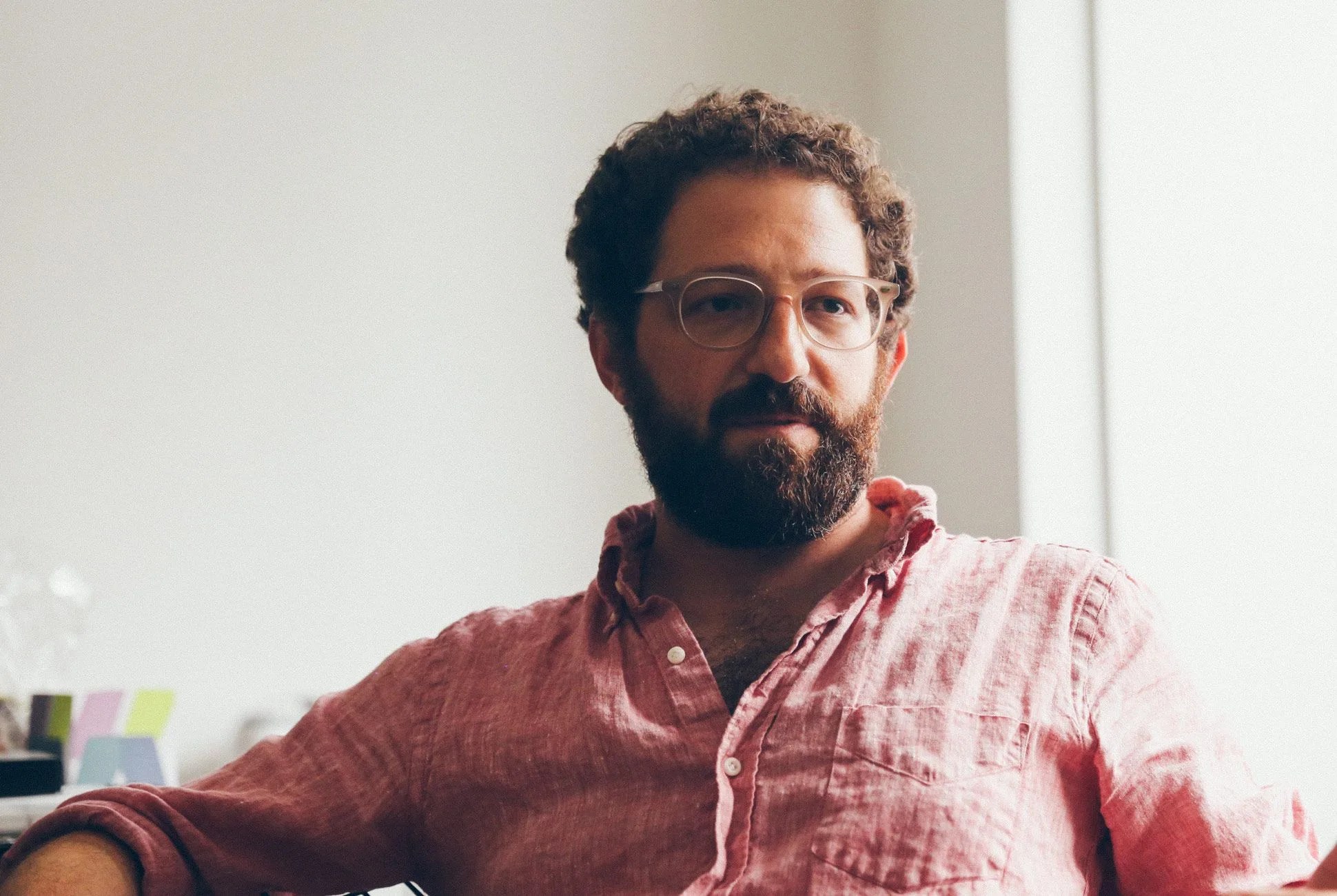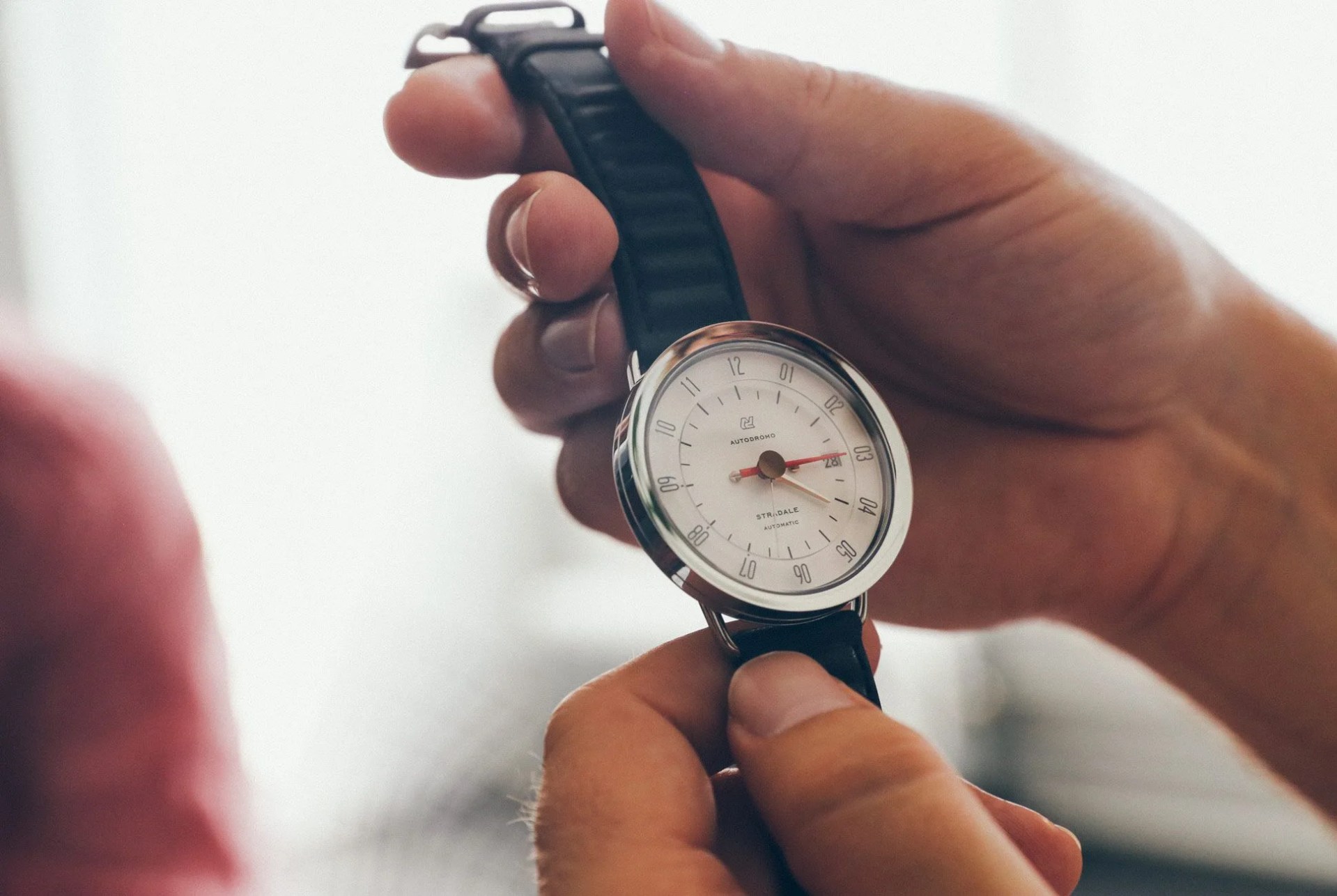Bradley Price’s first love, surprisingly enough, wasn’t watches. Sure, in just a few short years his company has transformed from a small, internet-based brand to a darling in the watch community, but cars have always been his biggest life’s passion — the guy owns an obscure, classic Ferrari, after all. But Price emphasizes that that’s been essential to Autodromo. “I was literally into this stuff since such a young age that it’s my whole life’s passion,” said Price. “I think whenever you have a brand that’s run by someone who really lives it their whole life, people instinctively understand that.”
Autodromo has since become one of the quintessential faces of online boutique watches, and Price — a designer by trade — has created several successful timepieces and expanded his operations to other accessories like driving gloves and sunglasses. We recently had a chance to sit down with Price at his Brooklyn studio to ask him about the struggles of manufacturing for a small company, his design inspiration and the passion for cars that helped create Autodromo.
 ANDREW CONNOR
ANDREW CONNORPrice’s latest limited-edition timepiece, the Group B Evoluzione, features a case made from CNC-milled aluminum and titanium.
Q: Why did you end up creating Autodromo?
A: Throughout my 20s I was trying to do furniture design, and it wasn’t quite working out for me. I was living in NYC, I didn’t have a car, and I felt disconnected from driving a bit. I started a car blog, Automobiliac, that’s still up, but I don’t update it anymore. Running that site rekindled my passion quite a great deal. So I started to think I should design something that feels geared towards cars. And I just had this idea one day while I was driving that I should make watches that look like gauges. I started doing research about it, and though it had been done before, it hadn’t been done well, and it wasn’t being done at the time I started my company. So I thought this could be a really cool angle to make something with a beautiful design that really speaks to the act of driving.
Q: Was there anything particularly frustrating about manufacturing when you started?
A: There really was no infrastructure for making watches in the United States. And there still isn’t, really. I was just a guy with an idea and a little capital to start with, and I just looked at my position and realized there was no way I could single-handedly start making things here with what I had to work with.
So I had to work within the existing system, which meant sourcing things from Hong Kong. I think a lot of people don’t always understand the nuances — not all Chinese- or Hong Kong-based production is low quality. In fact much of it is high quality. Hong Kong has become a hotspot for factories that specialize in very specific things — like, just hands, or just dials, or just certain gaskets or whatever. And they’ve been making these things for like 40 years. These people invested a lot of money and developed incredible competencies that need to be respected. There’s a paradox to production in Hong Kong: everyone is doing it but no one wants to talk about it.

